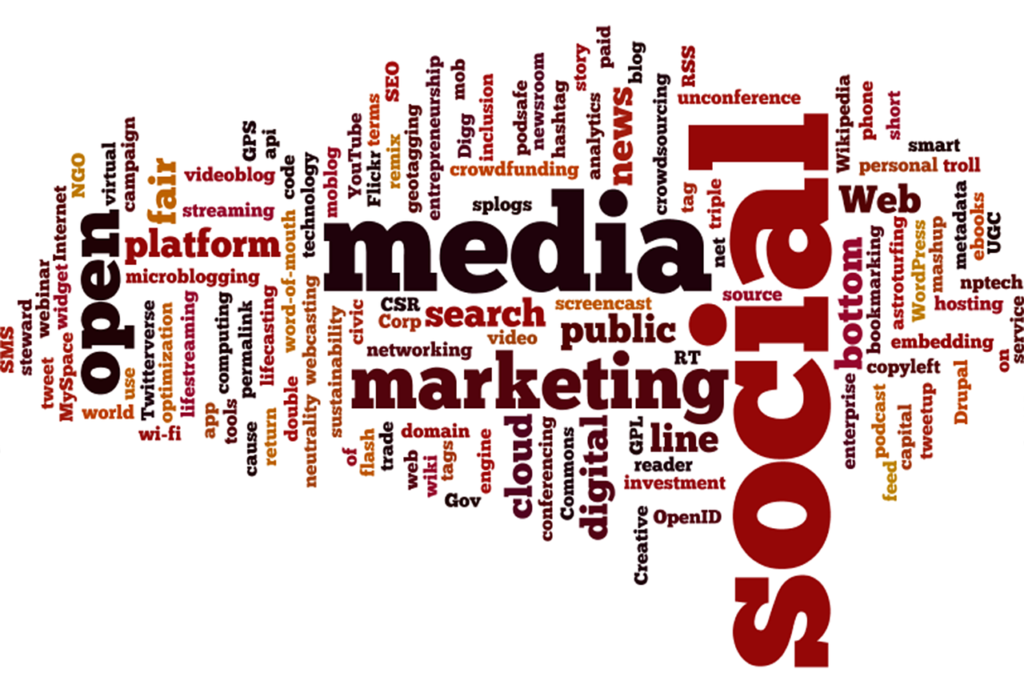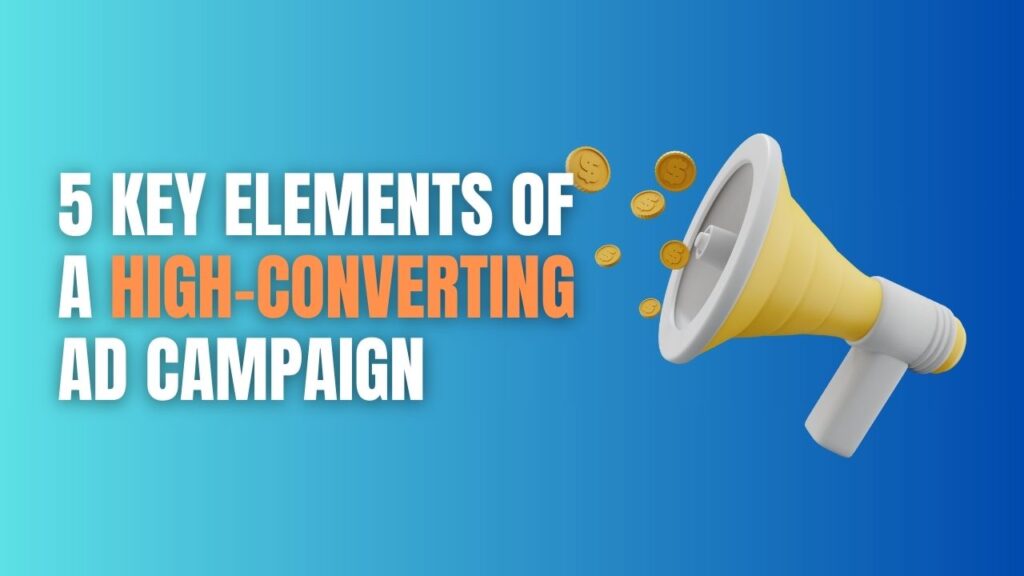In the dynamic world of digital advertising, choosing the right platform to promote your business can significantly impact your marketing success. With Facebook Ads and Google Ads being two of the most popular advertising platforms, it’s essential to understand their differences, strengths, and suitability for various types of businesses. With a projected $62.70 billion in US ad revenues in 2024, Meta (formerly Facebook) will account for 20.4% of US digital ad spend and 75.6% of US social network ad spend, underscoring its significance in the advertising landscape. Additionally, Facebook ads see an average click-through rate (CTR) of 2.50%, showcasing their potential for driving engagement and conversions.
Know Facebook Ads and Google Ads
Facebook Ads:
Facebook Ads allow businesses to target users based on demographics, interests, behaviors, and more, leveraging the vast user base and detailed targeting options of the social media giant. Ad formats include image ads, video ads, carousel ads, and more, providing flexibility in showcasing products or services to a highly engaged audience.
Google Ads:
Google Ads, formerly known as Google AdWords, encompasses a range of advertising options across Google’s vast network, including Search, Display, YouTube, and Gmail. Google Ads primarily target users based on search intent, allowing businesses to capture users actively looking for products or services related to their offerings.
Factors to Consider When Choosing Between Facebook Ads vs Google Ads
1. Advertising Objectives:
- Brand Awareness: Facebook Ads may be more suitable for brand awareness campaigns, leveraging engaging visuals and detailed targeting to reach a broad audience.
- Lead Generation: Google Ads are effective for capturing leads with high purchase intent, as users are actively searching for specific products or services.
2. Target Audience:
- Demographics and Interests: Facebook Ads excel at targeting specific demographics, interests, and behaviors, making them ideal for businesses with well-defined target audiences.
- Search Intent: Google Ads target users based on their search queries, making them suitable for businesses looking to capture users at the moment of purchase consideration.
3. Ad Format and Creatives:
- Visual Content: Facebook Ads offer visually appealing ad formats such as images and videos, making them suitable for businesses with visually appealing products or services.
- Text-based Ads: Google Ads primarily consist of text-based ads, making them ideal for businesses focusing on informational or service-based offerings.
4. Budget and Cost Considerations:
- Cost per Click (CPC): Facebook Ads typically have lower CPCs compared to Google Ads, but the effectiveness may vary depending on the industry and targeting.
- Ad Auction Dynamics: Google Ads operate on a real-time bidding system, where factors like keyword competitiveness and ad relevance influence ad placement and costs.
Practical Tips for Choosing the Right Platform
- Define Your Advertising Goals: Clearly outline your advertising objectives and target audience to determine which platform aligns best with your business goals.
- Test and Experiment: Conduct small-scale tests on both platforms to gauge performance and identify which platform delivers better results for your business.
- Consider Your Industry and Audience: Evaluate industry benchmarks and audience preferences to understand where your target audience is most active and engaged.
- Budget Allocation: Allocate your advertising budget based on the platform that offers the best return on investment (ROI) for your business objectives.
Summary
Choosing between Facebook Ads and Google Ads depends on various factors, including your advertising goals, target audience, ad format preferences, and budget considerations. While Facebook Ads excel at targeting specific demographics and driving engagement, Google Ads capture users actively searching for products or services, making them ideal for lead generation and conversion-focused campaigns. By considering these factors and testing both platforms, businesses can make informed decisions and optimize their advertising efforts for maximum impact and ROI.
Whether you’re aiming to build brand awareness, generate leads, or drive conversions, choosing the right advertising platform is crucial for achieving your business goals. Consider the unique strengths of Facebook Ads and Google Ads, and tailor your advertising strategy accordingly. Start implementing these tips today and watch your advertising efforts yield impressive results!



